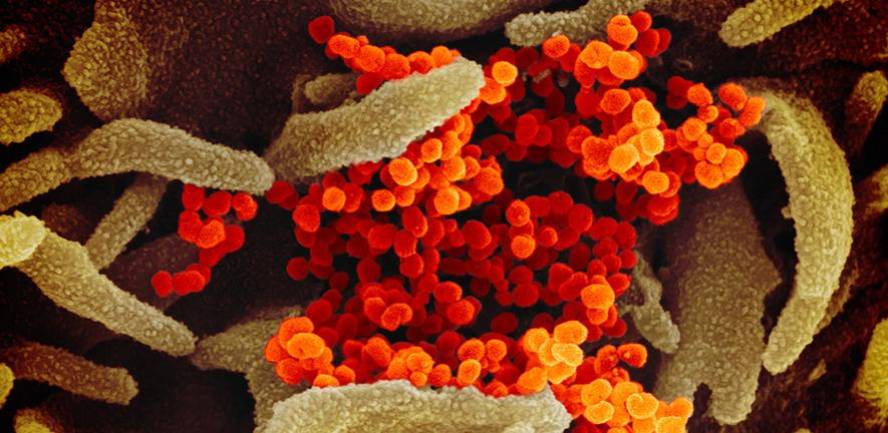Steps to an antivirus

Nerea Irigoyen Vergara's team is developing an antivirus to treat covid-19. The results obtained in cellular cultures have been good and have been published in the journal PLOS Pathologens.
They explained that the antivirus does not affect the virus, but the cells infected by the virus. In fact, they have seen that when SARS-CoV-2 infects cells, they activate a signal that allows the virus to replicate (UPR). Researchers have managed to deactivate this signal, so the virus cannot replicate and the infection cannot spread to other cells.
Two compounds have been used to deactivate the signal: Ceapin-A7 and KIRA8. Thus, the replication of the virus drops by 99.5%, much more than with a single compound.
By igniting the same signal other viruses, researchers believe that it can also be effective against them, as well as for other diseases on which this mechanism is based such as pulmonary fibrosis and neurological alterations.
The next step will be to try with the mouse.





